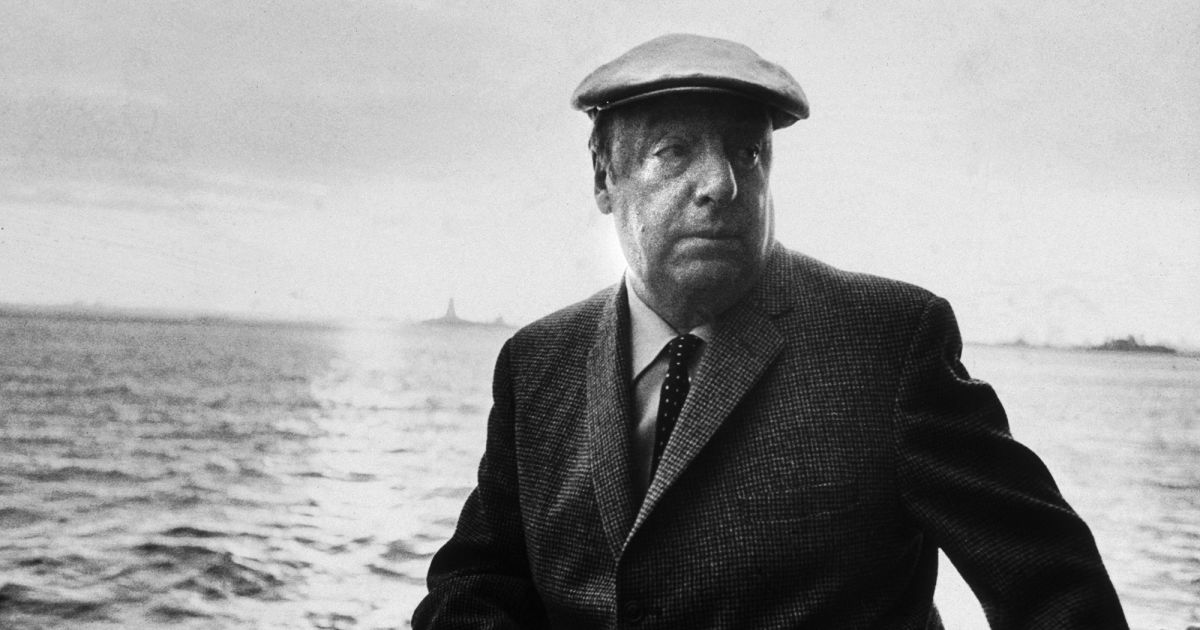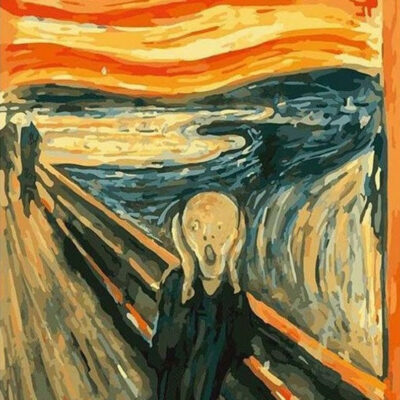In celebration of Hispanic Heritage Month, we will be showcasing prominent Hispanic artists in history.
The greatest poet writing in Spanish during his lifetime.
Literary critics around the world have praised Pablo Neruda as, “the greatest poet writing in Spanish during his lifetime.” In the United States, many readers found it difficult to disassociate Neruda’s extraordinary and powerful poetry from his fervent commitment to communism. His life and career exemplified this dichotomy between the lofty world of literature and the secular world of politics. Neruda received numerous prestigious awards, most importantly, the Nobel Prize for Literature in 1971. He also received the International Peace Prize in 1950, the Lenin Peace Prize and the Stalin Peace Prize in 1953.
Born in in 1904 in Temuco, Chile, “Pablo Neruda” was a pseudonym he adopted in his early teens, and under which he would become famous. His name at birth was Ricardo Eliezer Neftali Reyes y Basoalto and he changed it to Neruda in order to honor the memory of the Czechoslovak poet Jan Neruda (1834-1891). Pablo’s father was a railway employee and his mother, who died shortly after his birth, a teacher. Neruda’s literary development received assistance from one of his teachers, the poet Gabriela Mistral, who would become a Nobel laureate years before Neruda. Mistral recognized the young boy’s talent and encouraged it by giving the him books and the support he lacked at home. That two world renowned poets should find each other in a small Chilean town is almost inconceivable.
Much of Pablo Neruda’s poetry expresses his feeling of alienation, and his work reflects a world which is largely chaotic and senseless, and which offers no hope of understanding. At the age of 19, Neruda completed one of his most critically acclaimed and original works, the cycle of love poems titled Veinte poemas de amor y una canción desesperada—published in English translation as Twenty Love Poems and a Song of Despair. This work quickly marked Neruda as an important Chilean poet. He mixed memories of his love affairs with memories of the wilderness of southern Chile evoking the sense of displacement that he felt in leaving the wilderness for the city. Throughout his career Naruda wrote in a variety of styles including surrealist poems, historical epics and erotically-charged love poems.
In the United States most of the men and woman serving in the diplomatic corps are drawn from the ranks of wealth political contributors or influential business people. In contrast, Chile had a long tradition, like most Latin American countries, of sending her poets abroad as consuls or even, when they became famous, as ambassadors. Between 1927 and 1935, the Chilean government put Neruda in charge of a number of honorary consulships, which took him to Burma, Ceylon, Java, Singapore, Buenos Aires, Barcelona, and Madrid. He later served in France and Mexico. During his time abroad, his poetic production was marked many literary breakthrough and Neruda emerged as an important international poet.
Diagnosed with cancer while serving a two-year term as ambassador to France, Neruda resigned his position, ending his diplomatic career. Neruda died just two years after receiving his Nobel Prize on September 23, 1973, in Santiago, Chile.
“Laughter is the language of the soul.”
—Pablo Neruda
A sampling of the poetry of Pablo Neruda:












